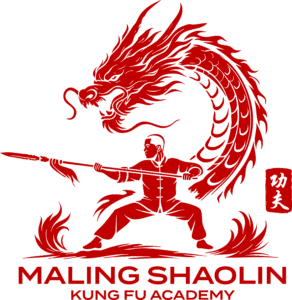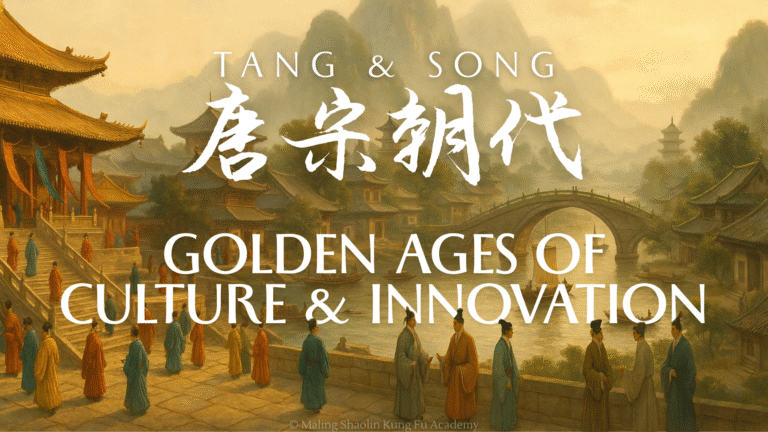Lieutenant General Dai Li and the Influence of the Dai Li in “Avatar: The Last Airbender”
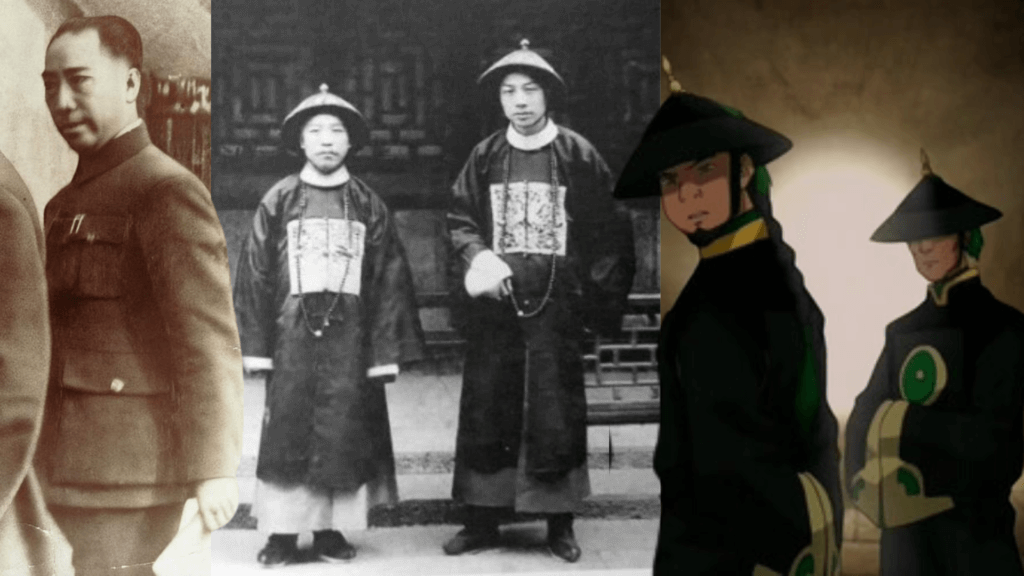
Table of Contents
In the world of “Avatar: The Last Airbender,” the Dai Li are a secretive and formidable organization tasked with maintaining order and suppressing dissent in the Earth Kingdom. But did you know that the Dai Li were inspired by a real historical figure? In this blog post, we delve into the fascinating history of Lieutenant General Dai Li and explore the connections between his legacy and the portrayal of the Dai Li in the beloved animated series.
The Historical Figure: Lieutenant General Dai Li
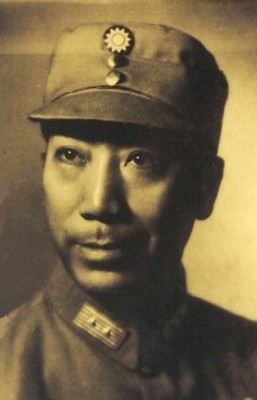
Lieutenant General Dai Li (戴笠) was a prominent figure in 20th-century Chinese history, known for his role as the chief of intelligence and security services in the Republic of China. Born in 1897 in Shanxi province, Dai Li rose to prominence during the tumultuous period of the Chinese Civil War and the Second Sino-Japanese War.
Dai Li’s Influence and Controversies
As the head of the Bureau of Investigation and Statistics (BIS) and later the Central Bureau of Investigation and Statistics (CBIS), Dai Li wielded immense power and influence within the Nationalist government of China. He was responsible for overseeing intelligence operations, counterespionage efforts, and internal security measures.
However, Dai Li’s tenure was marred by allegations of corruption, human rights abuses, and political repression. He employed ruthless tactics to suppress dissent and eliminate perceived threats to the Nationalist regime, including censorship, surveillance, and extrajudicial killings. Despite his controversial methods, Dai Li was a master strategist and played a crucial role in intelligence gathering and counterintelligence operations during the Chinese Civil War and the Second Sino-Japanese War.
The Blue Shirts Society
The Blue Shirts Society was a paramilitary organization established in China during the early 20th century, operating under the authority of the Chinese Nationalist government. Led by Lieutenant General (LTG) Dai Li, the society was dedicated to maintaining order and suppressing dissent during a tumultuous period of political upheaval and civil war. Its members, known as the Blue Shirts, were fiercely loyal to LTG Dai Li and carried out his directives with unwavering dedication. The society’s primary purpose was to enforce the policies of the ruling regime, suppress opposition movements, and root out perceived threats to the government’s authority. Employing tactics such as surveillance, intimidation, and violence, the Blue Shirts Society exerted significant influence over the populace, instilling fear and ensuring compliance with the Nationalist government’s directives. Under Dai Li’s leadership, the society played a pivotal role in shaping the political landscape of China and maintaining the regime’s grip on power.
The Legacy of Dai Li and the Dai Li in “Avatar: The Last Airbender”
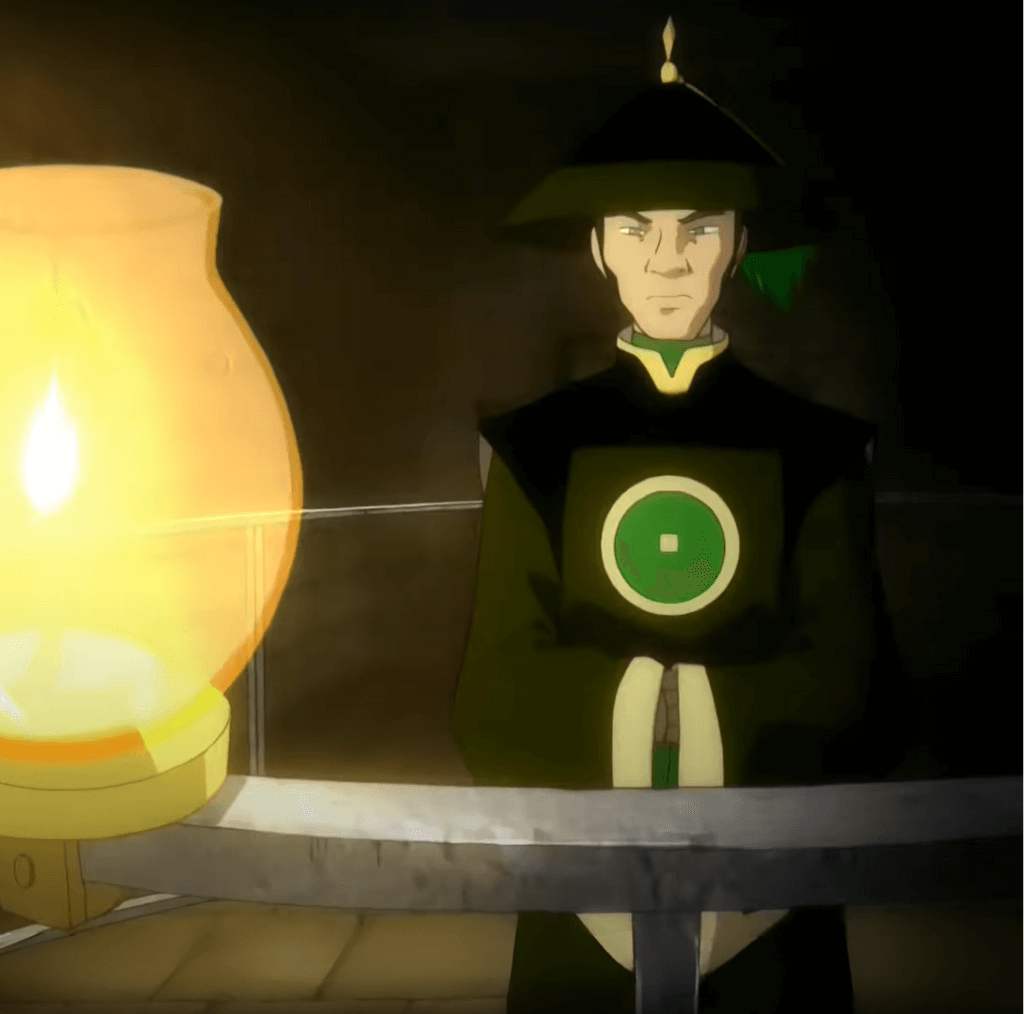
In “Avatar: The Last Airbender,” the Dai Li are depicted as a secretive and elite police force tasked with maintaining order in the Earth Kingdom capital of Ba Sing Se. Led by Long Feng, the secretive Dai Li operate behind the scenes, manipulating information and suppressing dissent to uphold the status quo.
Similar to the Blue Shirts Society, Long Feng’s Dai Li was initially founded (by Avatar Kyoshi) to protect the interests and cultural heritage of the country and ruler, the Earth King, during a time of civil unrest. However, over time, the Dai Li became corrupt and, once under the control of Leng Feng, became solely loyal to their leader rather than their country.
The portrayal of the Dai Li in “Avatar: The Last Airbender” draws clear parallels to the historical legacy of Lieutenant General Dai Li and his Blue Shirts Society. Like their real-world counterpart, the Dai Li in the series are characterized by their authoritarian tactics, manipulation of information, and loyalty to the ruling regime. Their presence serves as a commentary on the dangers of unchecked power and the erosion of individual freedoms in the pursuit of stability and control.
Exploring Parallels: Long Feng and Lieutenant General Dai Li
In the world of “Avatar: The Last Airbender,” Long Feng, the cunning leader of the Dai Li, shares intriguing similarities with Lieutenant General Dai Li. Both figures wielded significant power and authority, employing similar tactics and philosophies to maintain control and suppress dissent. Below, we delve into the correlations between Long Feng and Lieutenant General Dai Li, examining their leadership styles, philosophies, tactics, and specific actions.

Leadership Style
Long Feng: Long Feng is portrayed as a cunning and manipulative leader who operates behind the scenes to maintain control over Ba Sing Se. He values secrecy, obedience, and maintaining the status quo at all costs. Long Feng exercises authoritarian control over the Dai Li and the city, using fear, propaganda, and censorship to suppress dissent.
Lieutenant General Dai Li: Like Long Feng, Lieutenant General Dai Li was known for his authoritarian leadership style and penchant for secrecy and manipulation. He wielded absolute power within the Nationalist intelligence apparatus, employing ruthless tactics to eliminate perceived threats to the regime and maintain internal stability.
Philosophies
Long Feng: Long Feng subscribes to a philosophy of stability and order above all else. He believes that maintaining the illusion of peace and prosperity in Ba Sing Se is paramount, even if it means sacrificing individual freedoms and truth. Long Feng’s adherence to this philosophy leads him to suppress information about the war with the Fire Nation and manipulate the Dai Li for his own ends.
Lieutenant General Dai Li: Lieutenant General Dai Li’s philosophy is rooted in the preservation of the Nationalist regime and the suppression of Communist and dissenting elements. He prioritized the interests of the ruling government above all else, employing brutal tactics to maintain control and eliminate perceived threats to the regime’s stability.
Tactics
Long Feng: Long Feng employs a variety of tactics to maintain control over Ba Sing Se, including censorship, propaganda, and manipulation. He uses the Dai Li to enforce his will, employing tactics such as brainwashing and imprisonment to silence dissent and eliminate opposition. (And killing…?)

Lieutenant General Dai Li: Similarly, Lieutenant General Dai Li utilized a range of tactics to suppress dissent and maintain control over the Nationalist regime. He employed censorship, surveillance, and intimidation to quash opposition, as well as extrajudicial killings and torture to eliminate perceived threats to the government.
Specific Actions
Long Feng: Long Feng’s specific actions include manipulating the Earth King and the Dai Li to conceal the war with the Fire Nation, imprisoning political dissidents such as Jet, and attempting to capture and control the Avatar for his own purposes.
Lieutenant General Dai Li: Lieutenant General Dai Li’s specific actions include overseeing the Blue Shirts Society, as well as orchestrating political assassinations and surveillance operations against perceived enemies of the Nationalist regime.
Overall, while Long Feng and Lieutenant General Dai Li exist in different fictional and historical contexts, there are clear parallels between their leadership styles, philosophies, tactics, and specific actions. Both characters wielded immense power and authority, using manipulation, secrecy, and coercion to maintain control and suppress dissent. Their actions reflect the dangers of unchecked power and authoritarianism, serving as cautionary tales about the erosion of individual freedoms and the consequences of sacrificing morality for the sake of stability.
Dai Li Uniforms
The Dai Li uniforms in “Avatar: The Last Airbender” draw inspiration from traditional Chinese scholar-bureaucrat attire, particularly from the Qing Dynasty (1644–1912).
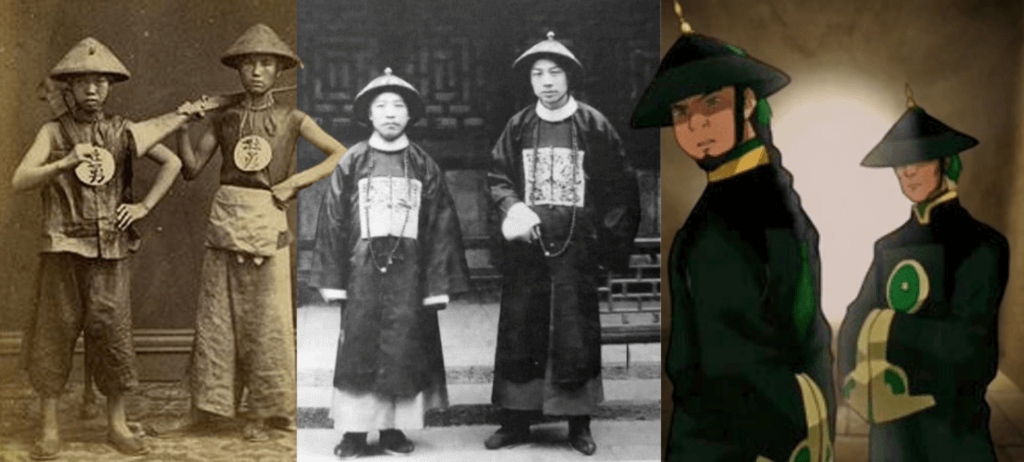
Qing Dynasty Scholar-Bureaucrats (Mandarins)
The Qing Dynasty scholar-bureaucrats, known as “mandarins” in English, were highly educated individuals who held prestigious civil servant positions in the imperial government. These positions were attained through the imperial examination system, which tested candidates’ knowledge of Confucian classics, literature, and administrative skills. Mandarins were revered for their intellect, education, and adherence to Confucian principles.
Imperial Examination System
The imperial examination system was a rigorous and competitive process through which individuals from all social classes could vie for government positions. Candidates spent years preparing for the exams, which consisted of multiple stages and levels of difficulty. Success in the exams granted access to coveted positions within the government bureaucracy, offering social mobility and prestige to those who passed.
Guān (官)
In Chinese culture, the term “guān” (官) refers to government officials or civil servants. It carries connotations of authority, respectability, and bureaucratic rank. Guān were expected to uphold the Confucian values of integrity, filial piety, and loyalty to the emperor.
Dai Li Uniforms
In “Avatar: The Last Airbender,” the Dai Li uniforms reflect the aesthetic and symbolism of Mandarin attire. The uniforms feature distinctive elements such as long, flowing robes adorned with intricate patterns, high-collared jackets, and formal headwear reminiscent of traditional Chinese headpieces worn by officials. These design choices evoke the authority, prestige, and formality associated with the historical mandarins and government officials of imperial China.
By incorporating elements of Qing Dynasty scholar-bureaucrat attire into the Dai Li uniforms, the creators of “Avatar: The Last Airbender” add depth and authenticity to the portrayal of the secretive and authoritarian organization. The uniforms not only convey the Dai Li’s status as elite agents of the Earth Kingdom but also evoke the rich cultural heritage and historical context of traditional Chinese governance and bureaucracy.
Conclusion
The Dai Li in ‘Avatar: The Last Airbender’ serve as a compelling fictional representation of the authoritarian tactics and ideologies employed by historical figures such as Lieutenant General Dai Li. Through characters like Long Feng, the series explores themes of power, control, and the dangers of sacrificing individual freedoms for the sake of stability. By drawing parallels between the Dai Li and real-world examples of authoritarian regimes, ‘Avatar: The Last Airbender’ offers a thought-provoking commentary on the complexities of governance, surveillance, and propaganda. As viewers reflect on the actions and motivations of the Dai Li, they are reminded of the enduring relevance of these themes in both fictional narratives and historical contexts. Ultimately, the portrayal of the Dai Li serves as a poignant reminder of the importance of vigilance, accountability, and the preservation of individual liberties in the face of oppressive regimes and unchecked power.
Avatar: Bending Styles & Weapons
Interested to learn more about “Avatar: The Last Airbender” and China? Check out our article “The Exact Martial Arts Styles Behind Avatar: The Last Airbender Bending” to learn about the Chinese Martial Arts Styles, Weapons, and Philosophy within the show!
Over time our blog at Maling Shaolin Kung Fu Academy will post articles related not only to Kung Fu, but Chinese culture, tradition, history, legends, media, and philosophies. While Kung Fu remains at the core of our practice and teachings, we recognize that true understanding and appreciation of this ancient martial art extend beyond physical techniques. By exploring a diverse range of topics, we aim to provide a holistic view of Chinese heritage and its influence on martial arts, fostering a deeper connection with our students and readers. Through these articles, we hope to inspire curiosity, broaden perspectives, and promote a greater understanding of the rich tapestry of Chinese culture and its profound impact on the world.
